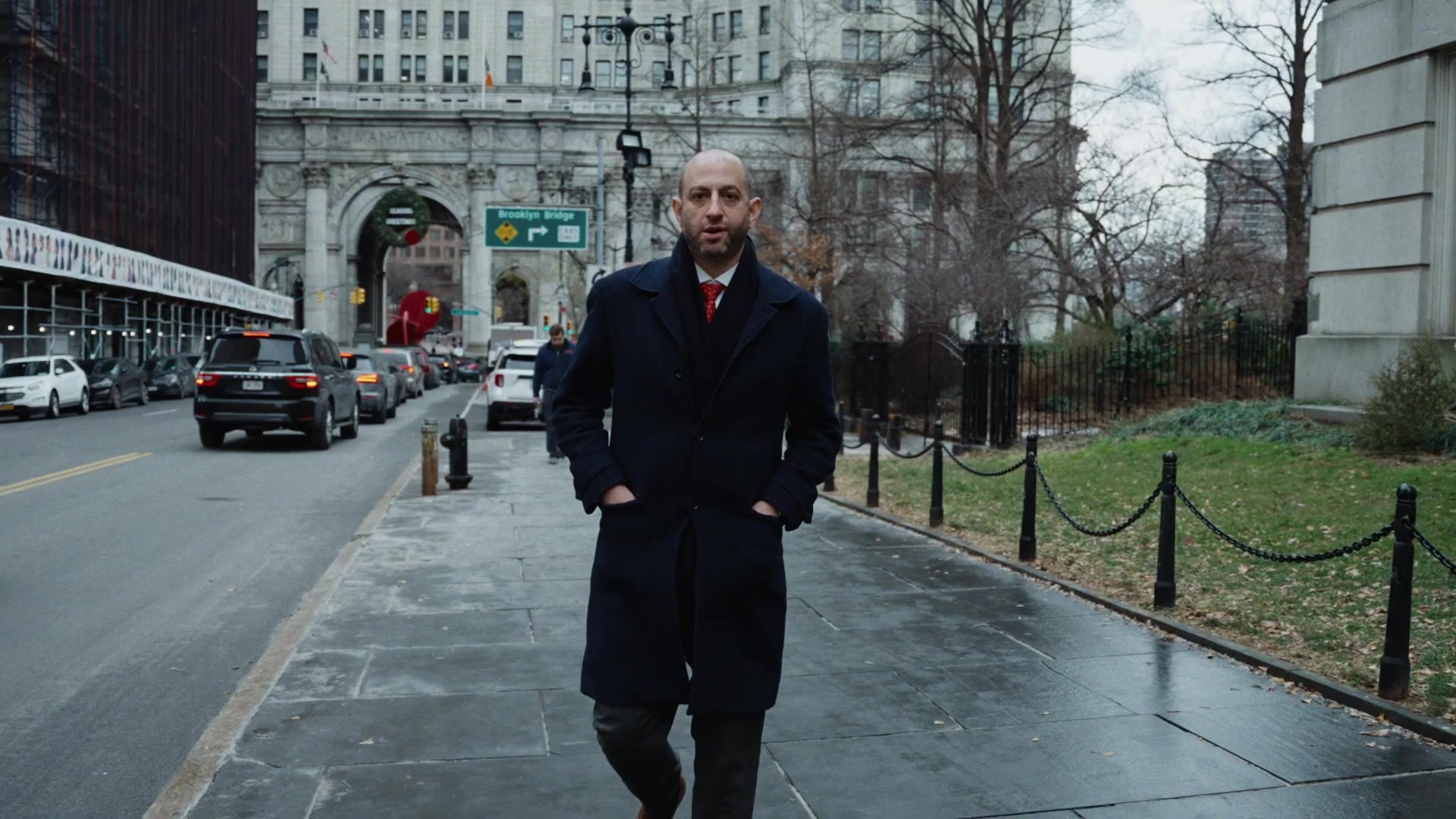New York Vehicle and Traffic Law 1192.3: Driving While Intoxicated
In the state of New York, a driver may be charged with driving while intoxicated if he or she has a blood alcohol content of .08 or higher. However, drivers may still be taken into custody if other facts make it likely that they are impaired by alcohol or other substances.What the Law Says About DWI In New York
In New York state, it is possible to be taken into custody and charged with driving while intoxicated if your blood alcohol content is .08 or higher. However, the law does state that there does not need to be direct evidence that this was the case before taking you into custody. If an officer notices that you have bloodshot eyes, slurred speech or trouble walking, that may be enough to be charged with DWI. While state law provides penalties for failing to take a breath or chemical test, a driver is not obligated to do so. Even without a breath or chemical test confirming a driver's blood alcohol content, an officer may still make an arrest.Examples of DWI in New York State
In many cases, a police officer will observe a vehicle being driven erratically or too fast for road conditions. This may give the officer probable cause to initiate a traffic stop. For instance, if an officer sees a car swerving between multiple lanes or going off the road, this would be considered erratic. Once the officer makes contact with the driver, he or she will look for signs of possible impairment. This may include bloodshot eyes, slurred speech or the smell of alcohol on the person's breath. In some cases, an officer may even find open containers of beer or liquor in the vehicle. If there is reason to do so, the driver may be asked to complete a series of field sobriety tests. Based on the results of those tests and the officer's overall impression of what he or she observes, the driver may be taken into custody on a DWI charge.Defenses to DWI in New York State
It may be possible to claim that there was no reason for an officer to conduct a traffic stop in the first place. It may also be possible to claim that the driver was stopped at an illegal checkpoint. Assuming that the traffic stop that led to the charge was legal, it may be possible to challenge the legitimacy of the evidence used to detain the driver. For instance, an attorney may claim that a breath test was done incorrectly or that a blood test was taken too long after a traffic stop to be reliable. Although the lack of a chemical test may not stop an officer from charging a driver with DWI, it may ultimately lead to a case being dismissed due to lack of evidence. If the police officer who took the driver into custody can't remember what happened before, during and after the traffic stop, it could cast doubt on the veracity of the charge. This may lead to the case being dismissed or a plea agreement being reached in the case. Those who are charged with DWI in New York state may wish to talk to a NYC criminal lawyer. He or she may be able to review the case and take steps to either plead it down to a lesser charge or have it thrown out entirely. This may allow a driver to avoid some or all penalties that may have applied if he or she was convicted.15,000+
Federal Cases Filed Annually
90%
Plea Before Trial

Defense Team Spotlight
Todd Spodek
Lead Attorney & Founder
Featured on Netflix’s “Inventing Anna,” Todd brings decades of experience defending clients in complex criminal cases.
Frequently Asked Questions
No. You have the right to remain silent and the right to an attorney. Invoke both rights immediately and contact Spodek Law Group.
Every case is different. We offer free initial consultations to evaluate your case and discuss our fee structure.
An arraignment is your first court appearance where charges are formally read. You enter a plea and bail may be set. Having an attorney present is critical.








